
Blink Twice (2024, dir. Zoë Kravitz)
Certificate: 15
Running Time: 98 mins
UK Distributor: Warner Bros
UK Release Date: 23 August 2024
WHO’S IN BLINK TWICE?
Naomi Ackie, Channing Tatum, Christian Slater, Simon Rex, Adria Arjona, Kyle MacLachlan, Haley Joel Osment, Geena Davis, Alia Shawkat, Levon Hawke, Trew Mullen, Liz Caribel
WHO’S BEHIND THE CAMERA?
Zoë Kravitz (director, writer, producer), E.T. Feigenbaum (writer), Bruce Cohen, Garret Levitz, Tiffany Persons and Channing Tatum (producers), Chanda Dancy (composer), Adam Newport-Berra (cinematographer), Kathryn J. Schubert (editor)
WHAT’S IT ABOUT?
A young woman (Ackie) is invited to spend the weekend on the private island of a billionaire (Tatum)…
WHAT ARE MY THOUGHTS ON BLINK TWICE?
There’s a distinct irony in the fact that Blink Twice, a film that sets out to skewer everything from the extravagant lifestyles of the wealthy elite to the disingenuous nature of public apologies, is in and of itself a bit indulgent.
Although few can deny the fiery ambition of director Zoë Kravitz, who with her debut feature displays an alluring confidence that introduces her as a filmic storyteller with a strong handling of sensitive material, she and co-writer E.T. Feigenbaum have crafted a script that arguably reaches further than it can physically reach. It’s a film that clearly has much to say about a lot of things, and it certainly knows how to say them in genuinely shocking and uncomfortable ways, but it can’t properly find a way to encompass them all into a single narrative, or at least in a way where it doesn’t feel like so much is being said all at once.
The film follows Tina (Naomi Ackie), a struggling cocktail waitress who, along with her best friend Jess (Alia Shawkat), manages to worm her way into an exclusive event with Slater King (Channing Tatum), a tech billionaire who’s come under fire for an unexplained event that’s caused him to resign from his company, “take some time to heal” etc. After catching his eye, the seemingly charming King invites the two friends to his private tropical island, where he and many of his associates are gathering for a carefree holiday filled with sunshine, endless supplies of luscious food and drink, and plenty of drugs. Of course, nothing is quite as it seems, with a series of strange events causing Tina and her fellow women to question the validity of King, his friends, and their boisterous behaviour.
As in many other wealth-bashing satires like Saltburn, Triangle of Sadness, The Menu and Parasite, it isn’t exactly difficult to figure out what the core message is (it basically amounts to “rich people are bad/weird/stupid/all of the above”). However, in the case of Blink Twice, it is only one of at least half a dozen messages that the film tries to cram into itself, including ones about the lasting effects of cancel culture, casual misogyny by those in powerful positions, rampant abuse of power and trust, and many more.
The themes themselves are noble, possibly even worthy of being the subject of their own feature film, but Kravitz and Feigenbaum’s script struggles to focus on one at a time, to where you start to feel overwhelmed by all that the film is trying to get across. After a point, it even starts to affect the way we perceive the characters, many of whom aren’t really developed beyond one defining personality trait or quirk (one likes to take pictures on a polaroid camera, another is very meticulous about food, and Haley Joel Osment is just there, God bless him), because again the script is too distracted by its own messaging that it sometimes forgets to create people to actually care or at least know enough about.
If her co-written script isn’t quite as sturdy as it needs to be, Kravitz makes up for it with an eye-catching directorial style that livens up a lot of the increasingly dark events. The filmmaker applies a razor-sharp edge to scenes that are fiercely edited and vividly executed, particularly by the actors who all do well in their individual parts, with Adria Arjona being a constant highlight as a character who you honestly wish was the lead instead of Naomi Ackie (who does great work but is stuck playing a largely passive character without a lot of interesting qualities about her).
The film is also quite astoundingly shot, with cinematographer Adam Newport-Berra making a number of uncomfortable scenes all the more distressing by incorporating some extreme close-up shots of characters’ faces, wherein you can practically see the follicles behind their beards, or the nerved creases in their skin. There’s also a profound use of sound design throughout the film, as Kravitz brings to the foreground a number of noises like fizzling champagne to dripping water taps to create an audibly unnerving environment.
In deploying all these strong attributes to her film, Kravitz asserts a firm and steady directorial grasp that provokes when it needs to – there are multiple scenes of violence that may be severely triggering for sensitive audiences – and even gets a few opportunities to display a profound, if somewhat grim, sense of humour. Admittedly, though, it takes a good while for certain things to get moving, and for a short amount of time it becomes a slightly tedious exercise in watching all this extravagance without a whole lot of substance. However, Kravitz at least has the stylish flair to pull off even the sillier scenes, including an epilogue where there ends up being a lot more questions than there are answers regarding the real-world consequences of certain revelations.
It really isn’t perfect, as it struggles to narrow down its most critical talking points into something that’s much more palatable than it is, and there’s not enough development surrounding certain characters to where you really want to see them suffer or reclaim their agency. However, as a transition from the world of acting to that of filmmaking, Zoë Kravitz makes a sizeable enough splash with Blink Twice, a movie that is filled with sensory panache to at the very least leave you curious as to where she will go next in her directorial journey.
Hopefully, the next one will be less indulgent in its handling of its “eat the rich” messaging.
SO, TO SUM UP…
Blink Twice introduces a confident and aesthetically impressive filmmaking voice in Zoë Kravitz, who handles the provocative themes of her film with razor-sharp execution, but the script by both her and E.T. Feigenbaum often struggles to contain the many messages that it clearly wants to convey.




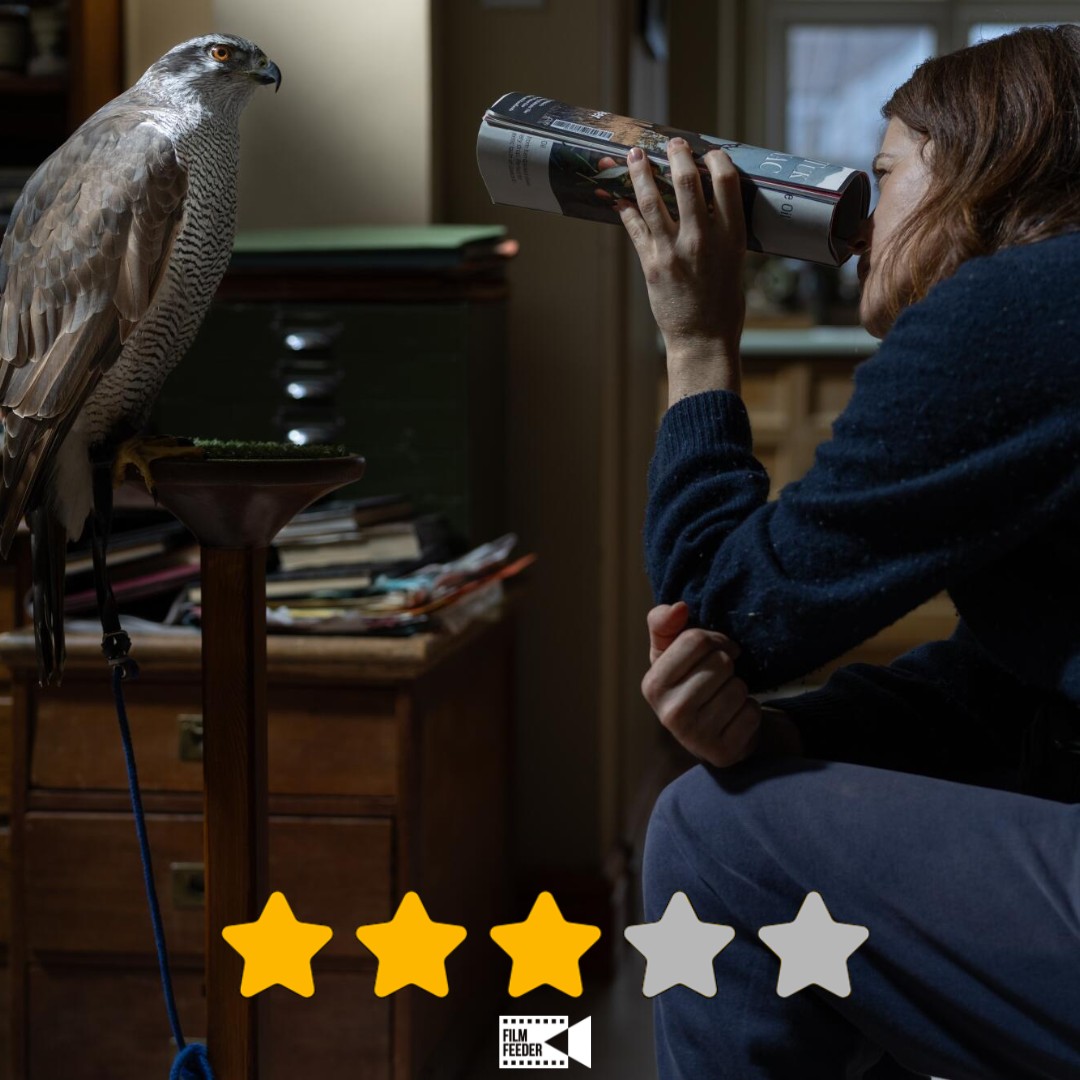
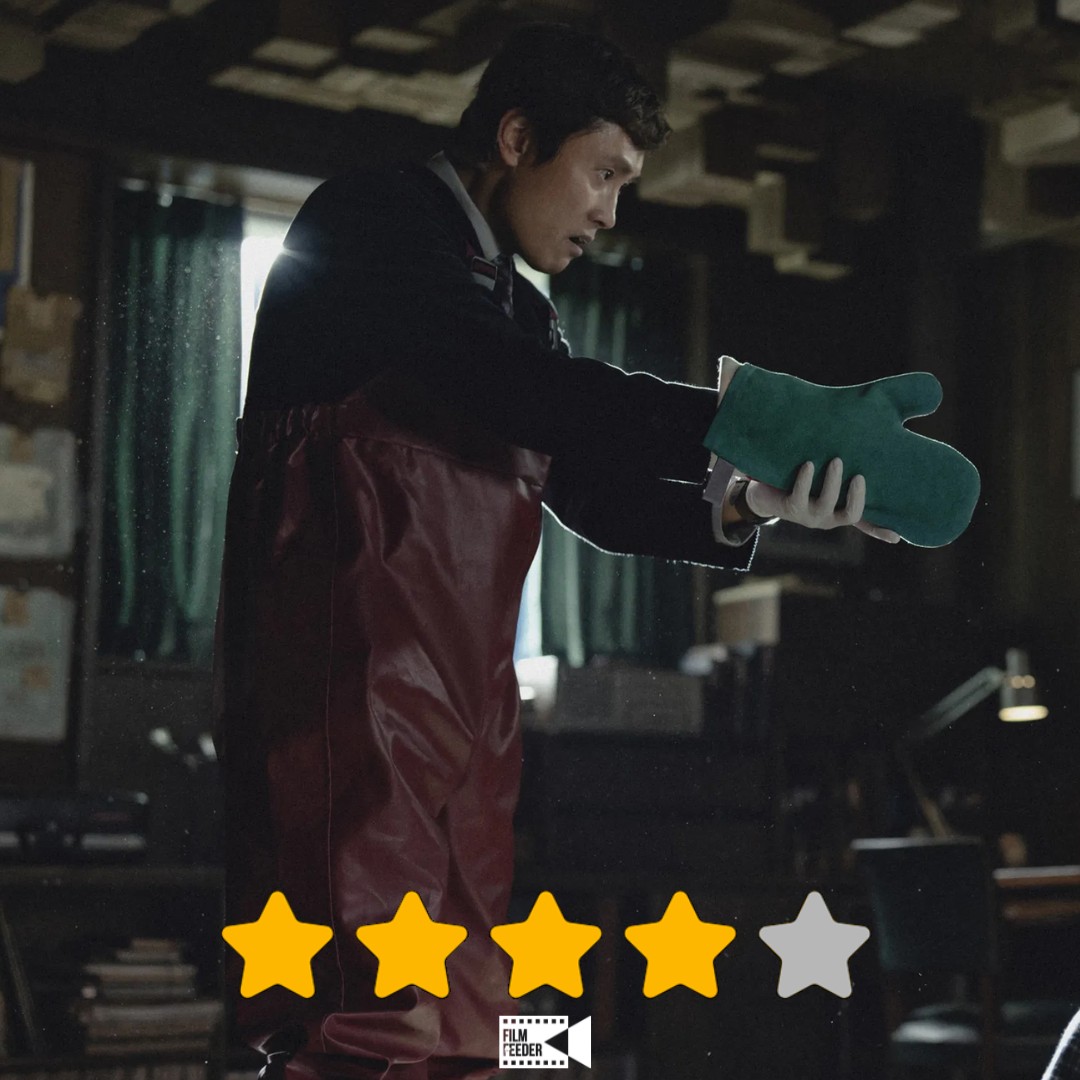
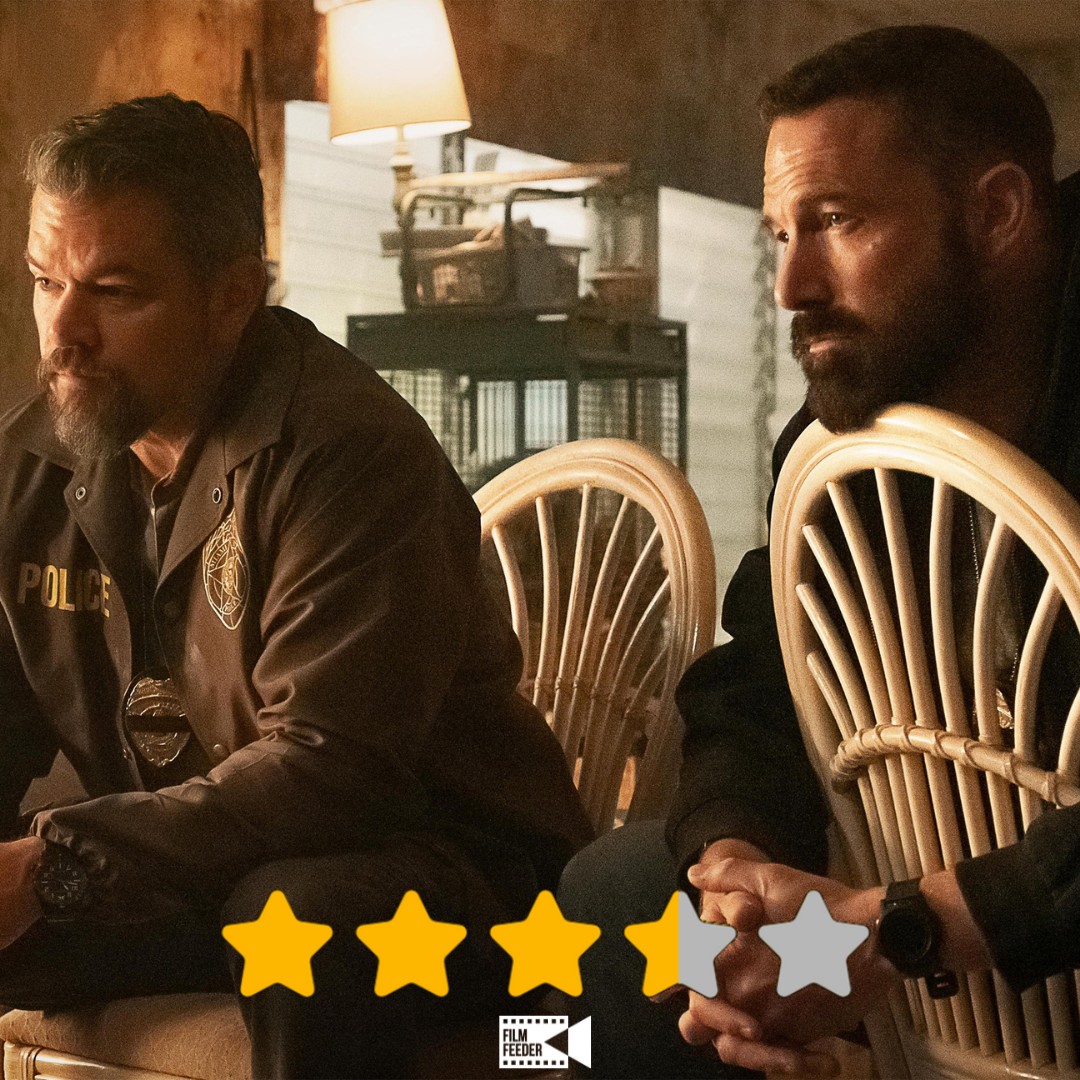
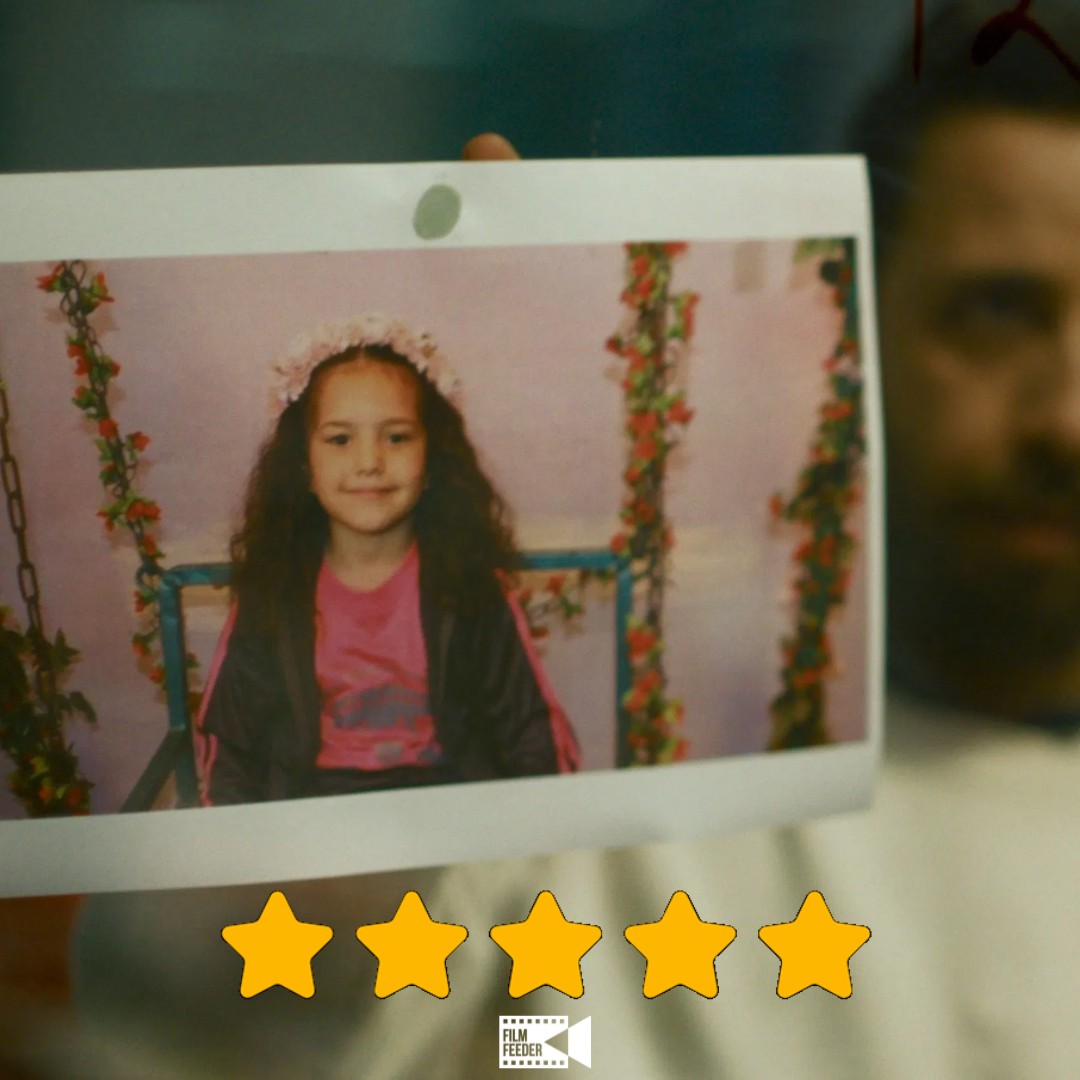

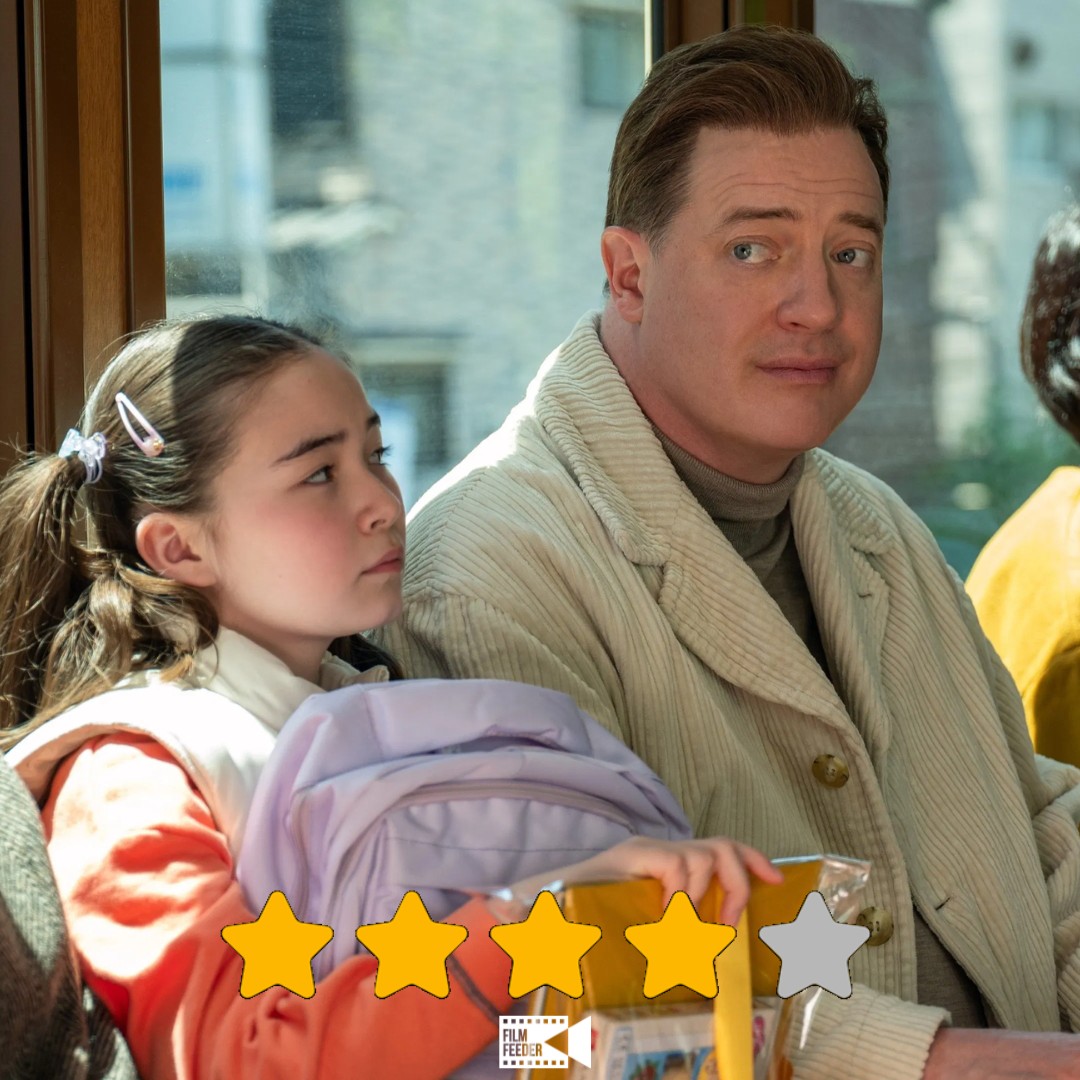
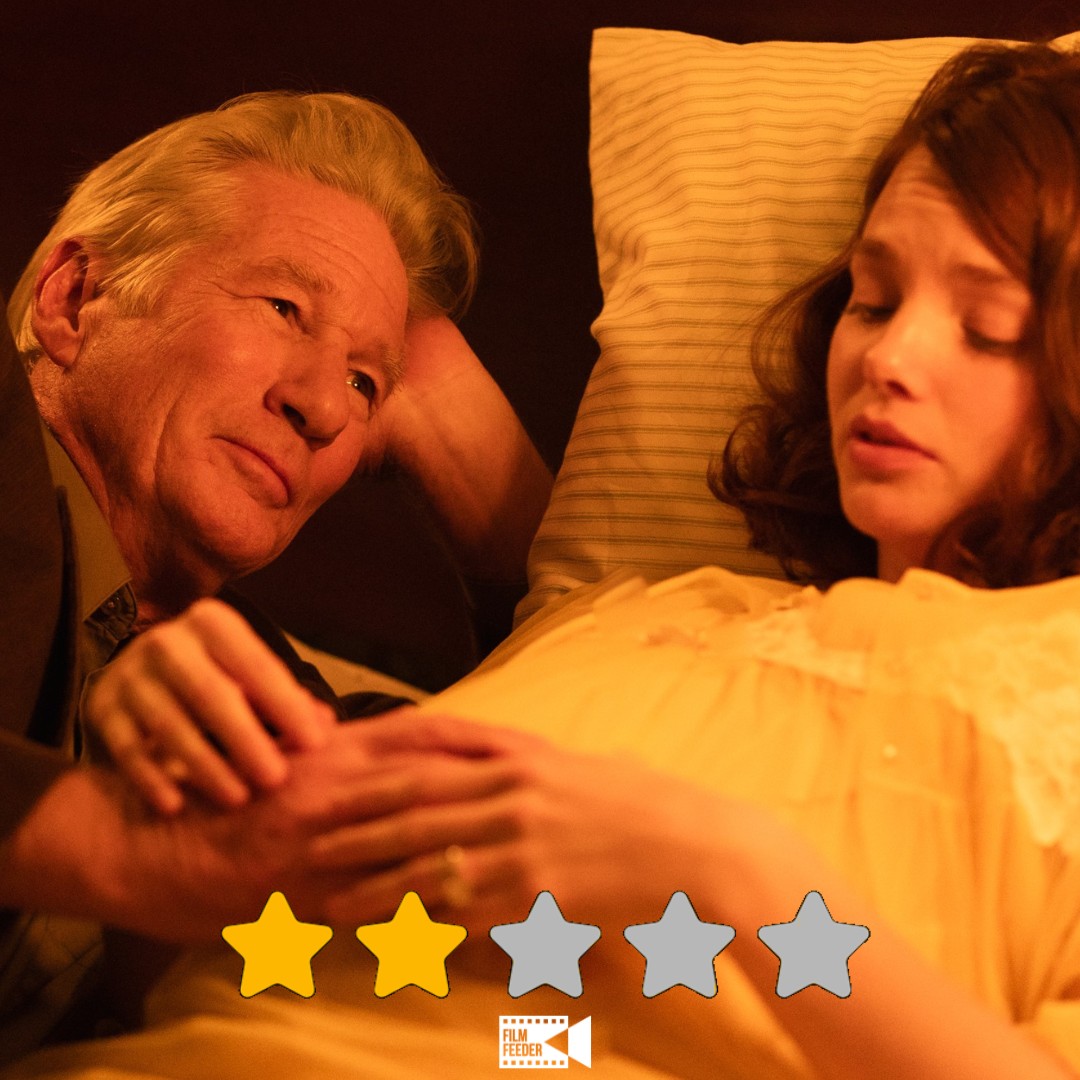
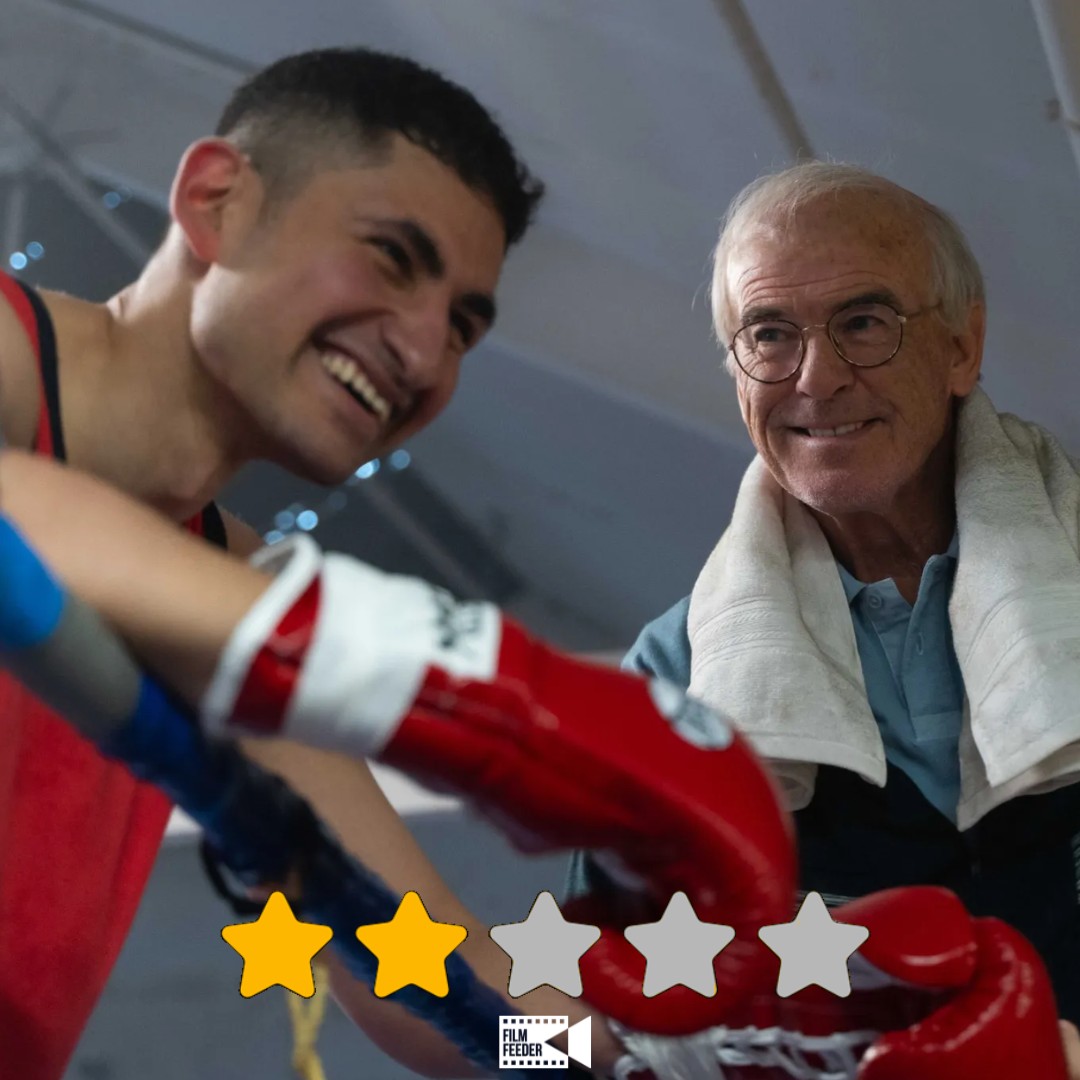
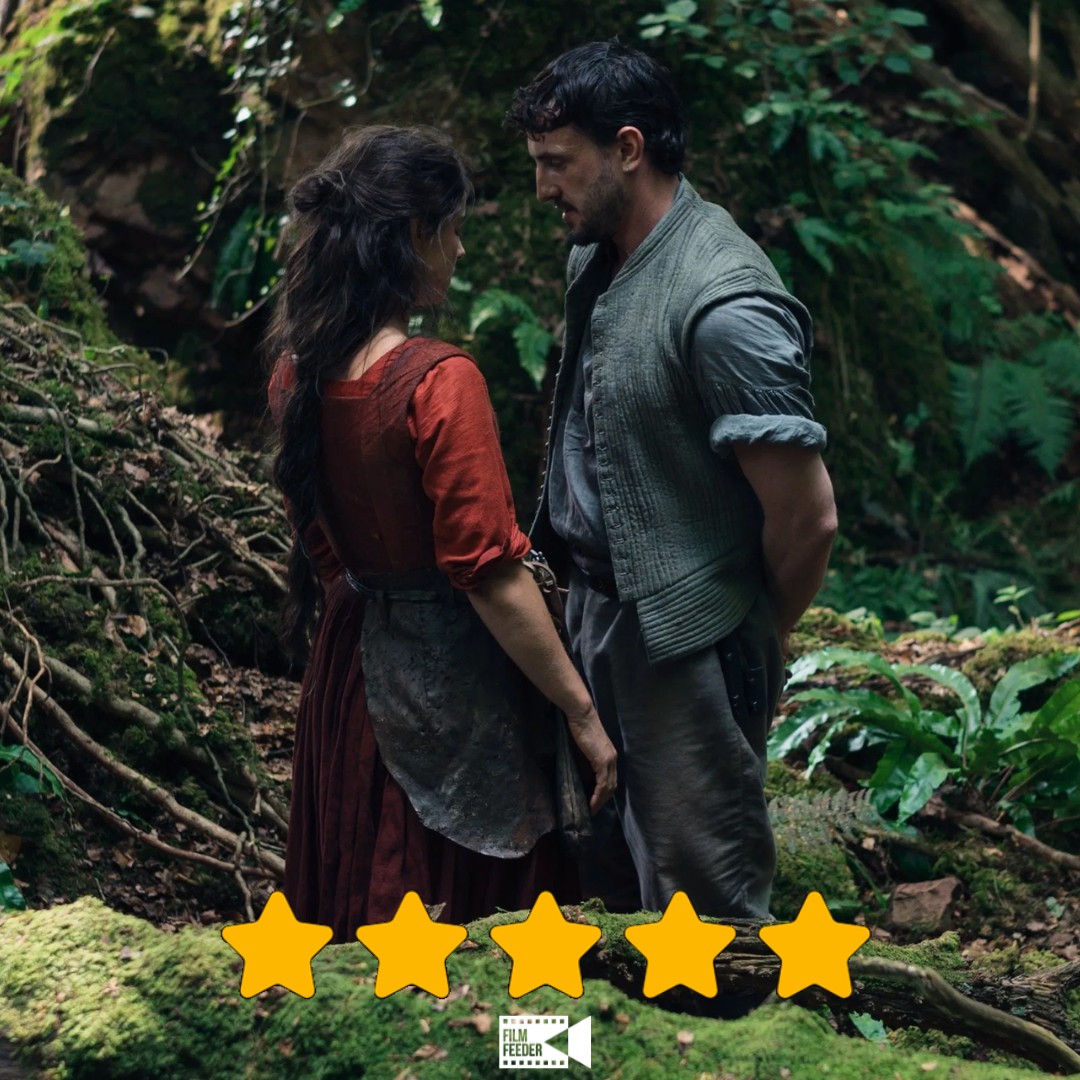
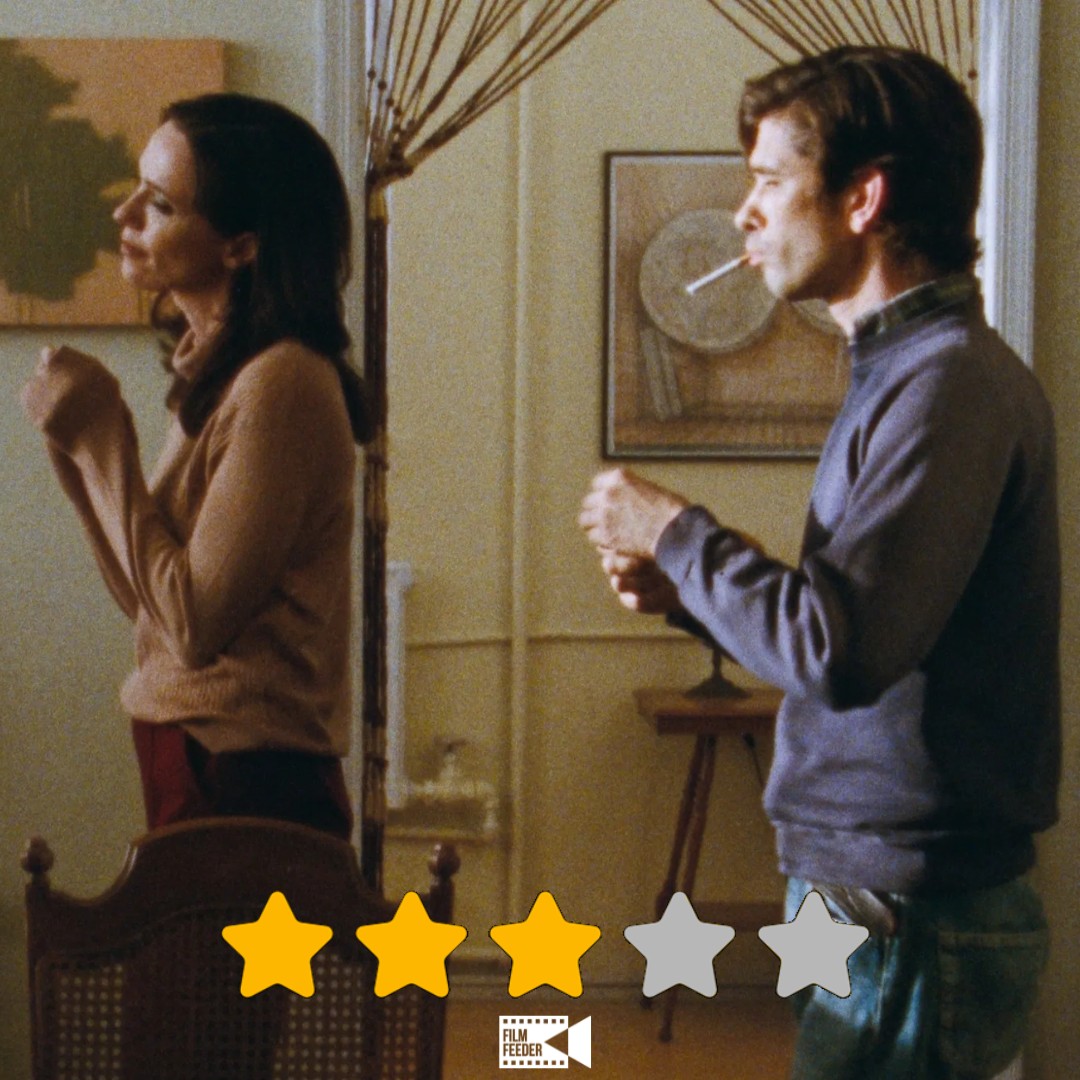
0 Comments